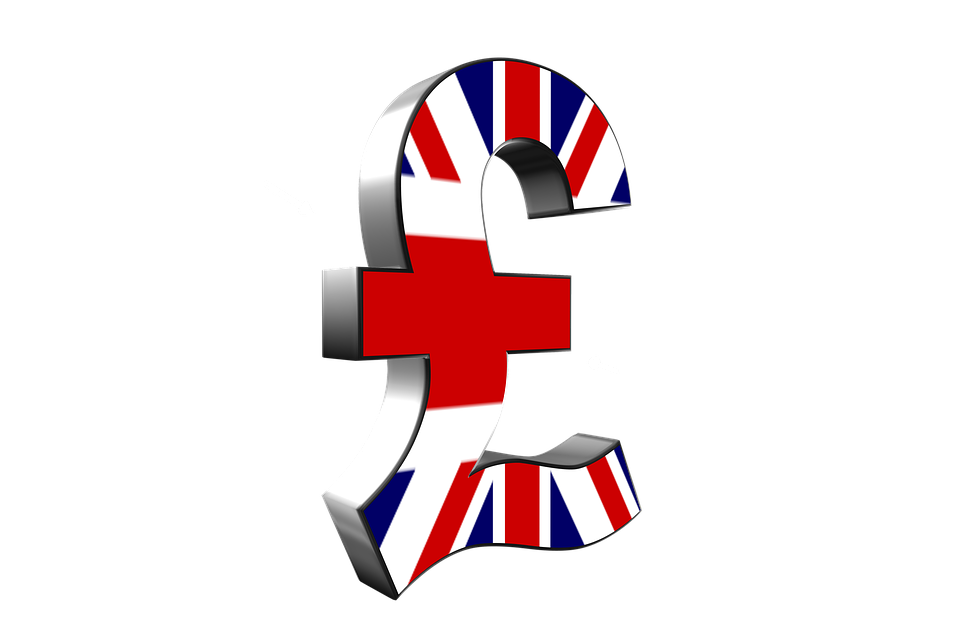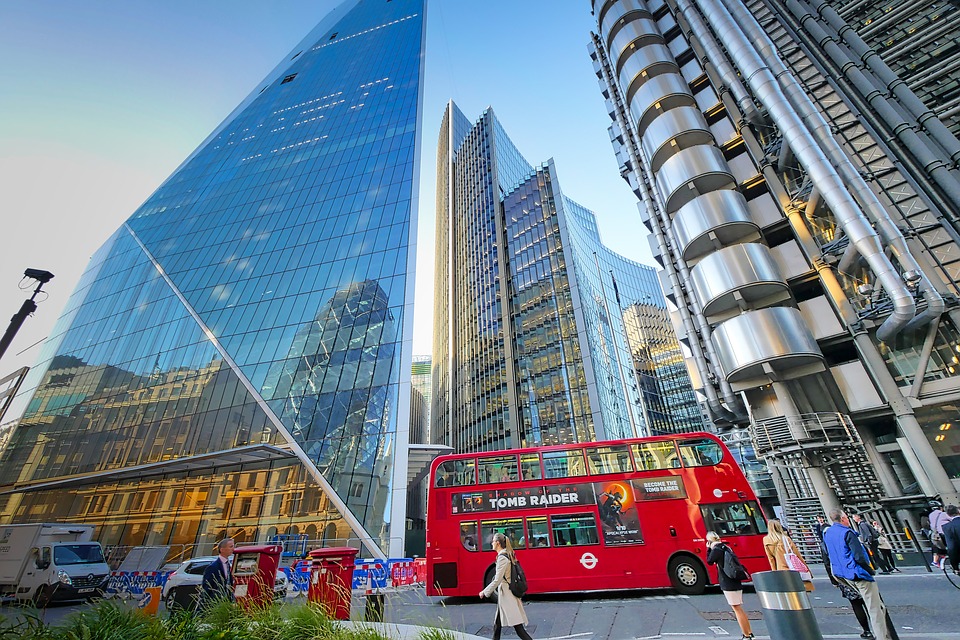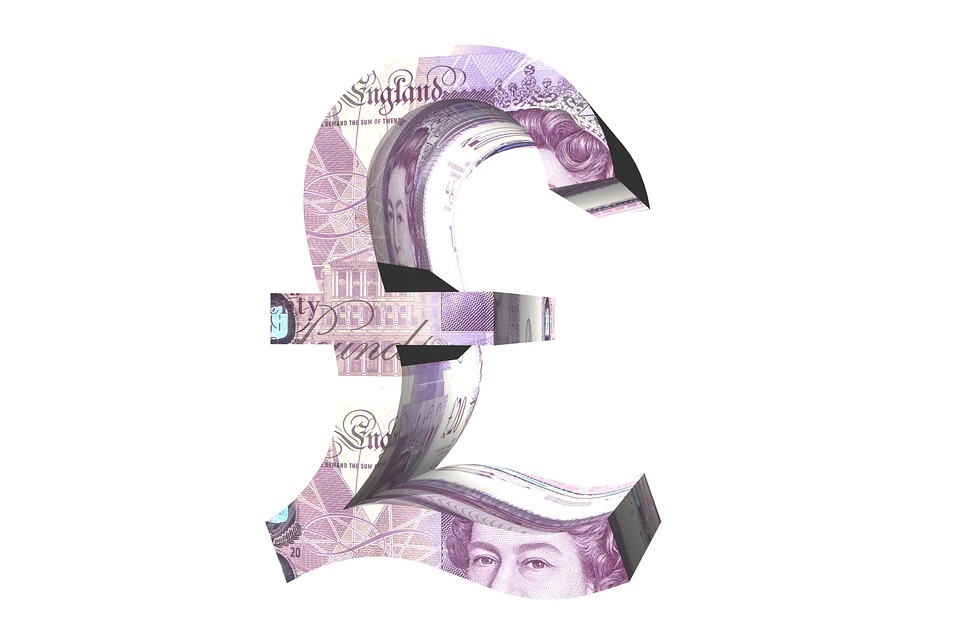UK output slowed in February indicating the economic recovery was weaker than thought even before the additional surge in inflation triggered by Russia’s invasion of Ukraine.
Figures from the Office for National Statistics show monthly gross domestic product (GDP) expanded by just 0.1 per cent as the rebound in tourism-related industries was offset by a reduction of activity in the healthcare sector and declines in industrial and construction output. Manufacturing slumped amid supply chain constraints that have left car producers and others struggling to source vital components and materials.
To find out more about how we can assist you with your Second Charge Mortgage please click here
February’s growth was down sharply on the 0.8% expansion recorded the previous month, and also undershot analysts’ consensus forecast of 0.3%.
GDP is now 1.5% above its pre-pandemic level of February 2020, but there are growing concerns that the economy could slip into recession as pressure on consumer spending mounts. Household consumption is the largest element of expenditure across the UK economy, accounting for 59% of the total in 2021.
“The news that the economy was hardly growing at all in February suggests the economy had a little less momentum in Q1 than we had previously thought, and increases the risk of a contraction in GDP in the coming months as the squeeze on household real incomes intensifies,” said Ruth Gregory, senior economist at Capital Economics.
Susannah Streeter, senior investment and markets analyst at Hargreaves Lansdown, said labour shortages, rising borrowing costs and flagging business investment have made an upward shift in overall productivity “elusive”.
“Although the economy is 1.5% above its pre-pandemic level, the underlying health may be weaker particularly because increased healthcare activity has been the crutch supporting the economy during the pandemic,” she said.
“The main contributor to the recovery since the start of the crisis has been human health and social work activities and the reduction of the test and trace scheme and vaccination programme partly accounted for the slowdown in February.”
Chancellor Rishi Sunak – whose popularity has slumped after offering only limited support to consumers weathering the inflationary storm – welcomed the continued growth. However, some economists believe the economy is set to shrink in the coming months.
James Smith at ING predicts GDP will come in at roughly 1% for the first quarter before a “small contraction” of up to 0.3% during the three months to June. Thereafter, the “jury’s out” on whether this will evolve into the technical definition of a recession, which would require a subsequent fall in GDP in the third quarter of the year.
Samuel Tombs of Pantheon Macroeconomics is also predicting a 0.3% decline in the second quarter, which he believes will persuade the Bank of England to stop raising benchmark interest rates after an increase to 1% next month.
Activity in the manufacturing sector fell 0.4% in February, led by a 5.4% drop in the production of transport equipment and a 4.3% decline in computer, electronic and optical products. Both have been disrupted by global shortages of microchips.
Tourism rose sharply as easing pandemic restrictions led to an increase in people booking holidays in the UK and overseas. Travel agencies and tour operators recorded growth of 33%, while hotels were up by 23%.
The Office for National Statistics said the impact of storms Dudley, Eunice and Franklin, which all hit the UK between the 16th and 21st of February, may have also weighed on growth.
“Most of those reporting a negative impact were in service industries with comments received from businesses operating in areas including accountancy, leisure parks and holiday centres, photography, hairdressing and beauty, leasing of construction equipment, restaurants and takeaways, and marquee hire,” the ONS said.
“However, some businesses reported a positive impact on turnover such as those working in fencing, torch sales, and temporary off-grid power.”
BY KRISTY DORSEY
Source: Herald Scotland
Discover our Second Charge Mortgage Broker services.







